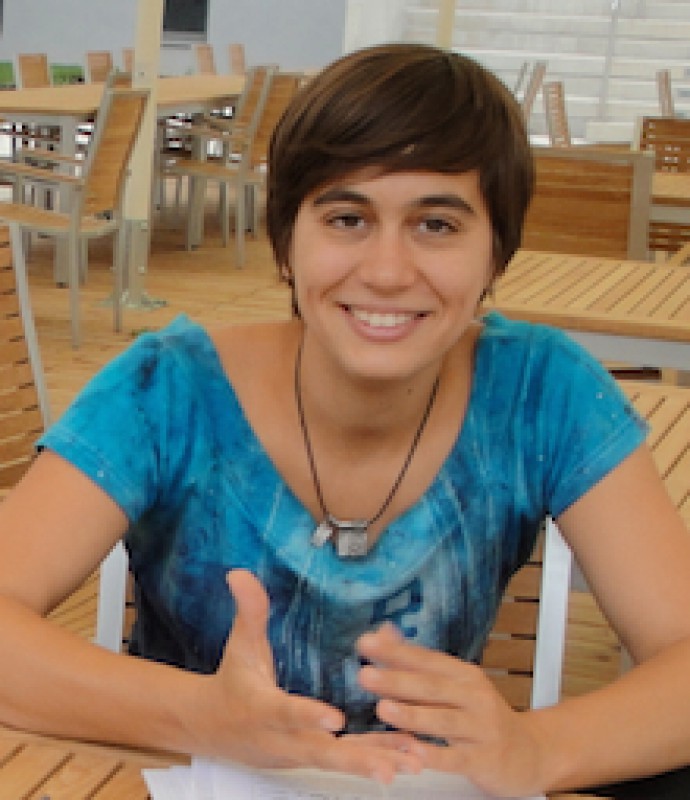KLI Colloquia are invited research talks of about an hour followed by 30 min discussion. The talks are held in English, open to the public, and offered in hybrid format.
Fall-Winter 2025-2026 KLI Colloquium Series
Join Zoom Meeting
https://us02web.zoom.us/j/5881861923?omn=85945744831
Meeting ID: 588 186 1923
25 Sept 2025 (Thurs) 3-4:30 PM CET
A Dynamic Canvas Model of Butterfly and Moth Color Patterns
Richard Gawne (Nevada State Museum)
14 Oct 2025 (Tues) 3-4:30 PM CET
Vienna, the Laboratory of Modernity
Richard Cockett (The Economist)
23 Oct 2025 (Thurs) 3-4:30 PM CET
How Darwinian is Darwinian Enough? The Case of Evolution and the Origins of Life
Ludo Schoenmakers (KLI)
6 Nov (Thurs) 3-4:30 PM CET
Common Knowledge Considered as Cause and Effect of Behavioral Modernity
Ronald Planer (University of Wollongong)
20 Nov (Thurs) 3-4:30 PM CET
Rates of Evolution, Time Scaling, and the Decoupling of Micro- and Macroevolution
Thomas Hansen (University of Oslo)
RESCHEDULED: 18 Dec (Thurs) 3-4:30 PM CET
Chance, Necessity, and the Evolution of Evolvability
Cristina Villegas (KLI)
8 Jan 2026 (Thurs) 3-4:30 PM CET
Embodied Rationality: Normative and Evolutionary Foundations
Enrico Petracca (KLI)
15 Jan 2026 (Thurs) 3-4:30 PM CET
On Experimental Models of Developmental Plasticity and Evolutionary Novelty
Patricia Beldade (Lisbon University)
29 Jan 2026 (Thurs) 3-4:30 PM CET
Jan Baedke (Ruhr University Bochum)
Event Details

Topic description:
Why a species’ range sometimes ends abruptly, even when the environment changes smoothly across space, has interested biologists for decades. The last hundred years have seen the development of theory for single well mixed populations. However, natural populations are not homogeneously distributed in space, and populations are not infinite in numbers. I have shown that there is an inherent limit to adaptation arising in any finite natural population, and a sharp range margin forms due to erosion of genetic variation by genetic drift. Just two observable parameters describe the threshold when adaptation fails: i) the loss of fitness due to dispersal to a different environment, and ii) the efficacy of selection relative to stochastic effects in finite populations – the genetic drift. The theory also implies that a gradual worsening of conditions, across a species’ habitat, may lead to sudden range fragmentation when adaptation to a wide span of conditions within a single species becomes unachievable. Importantly, it expands the scope of future directions that need to be addressed, namely: i) How does species’ range evolve in temporally and spatially varying environments, such as when adapting to climate change? ii) How robust are the predictions in two-dimensional habitats? I address each of these future challenges at the end of my talk.
Biographical note:
Jitka Polechová studied biology in the Charles University of Prague, and later moved to finish her PhD in Edinburgh, working on theory of speciation. Since then, she has been working on the interface between ecology and evolutionary genetics, studying the evolution of species‘ ranges (University of Tennessee, Knoxville; Biomathematics & Statistics Scotland, Edinburgh; IST Austria). During a short stay at the Centre for Theoretical Study, Prague, she also contributed to the macroecological theory of the distributions of species’ ranges. Most recently, she has pioneered theoretical work on limits to a species' range driven by random genetic drift, which has now been revised for PNAS (bioRxiv, doi: http://dx.doi.org/10.1101/012690).


